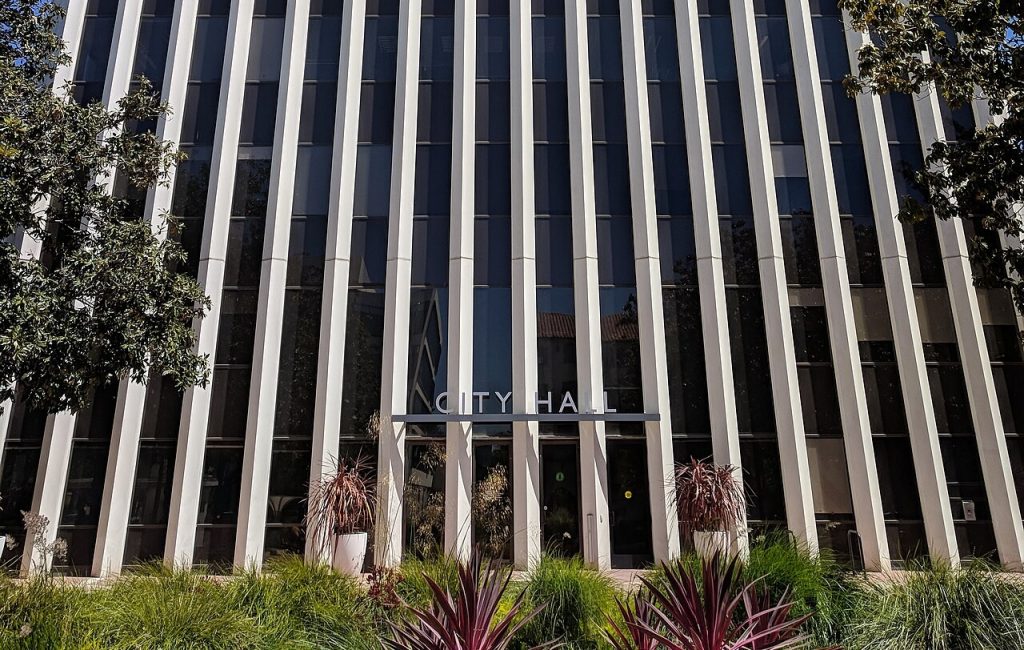
The City of Palo Alto has announced the release of $5 million in funds available for affordable housing projects., which are aimed at bridging the financing gap for development costs. The deadline for applications is Oct. 28.
The Notice of Funding Availability (NOFA) is part of Palo Alto’s ongoing efforts to address its affordable housing shortage. The $5 million draws from various local and state-awarded funds and is intended to support a broad range of projects, including new construction, rehabilitating old units, and converting existing buildings into affordable housing.
Affordable housing developments source their funds from three main categories: equity, debt, and grants. Equity usually comes in the form of Low-Income Housing Tax Credits (LIHTC) while mortgages and local loan funds make up the debt category. The city’s new funds fall into the debt portion of the financing which can be crucial in bridging the gap between the cost of developing affordable housing and the rents low-income households can afford.
The city regularly reviews its affordable housing funds to determine when a NOFA is appropriate. The funds from this NOFA announced Sept. 30 were allocated based on a review process and have slightly different eligibility requirements depending on the funding source. For example, roughly $3.5 million of the total $5 million draws from the Local Housing Trust Fund (LHTF) which requires that at least 30% of funds must support housing for households earning 30% or less of the area median income (AMI).
This funding opportunity is aligned with a goal of the city’s Sixth Cycle Housing Element to promote “a mix of housing types across all income levels, which enhances the livability of Palo Alto’s diverse and vibrant community,” city planner Robert Feign said.
Included in the Housing Element is the Regional Housing Needs Assessment (RHNA), which determined Palo Alto must build 6,000 new homes by 2031, nearly 2,500 of which are earmarked as affordable housing.
Palo Alto City officials hope the new funding will help meet the needs outlined by the RHNA and accelerate the production of affordable housing.
Since 2017, the city has contributed or pledged nearly $52 million in funding or land value to support critical housing projects, including Project Homekey, Buena Vista Mobile Home Park, and Mitchell Park Place.
In evaluating bids, the city is looking at project readiness to utilize the funds and the ability to deliver units at lower affordability levels.
“By focusing on these elements, the city aims to support projects that can move forward efficiently and provide deeper affordability for residents,” Feign said.
An informational meeting took place on Oct. 9 and was intended for developers and property owners to learn about eligibility for the program, application requirements, and evaluation criteria. However, only two people representing a single organization, Eden Housing, attended.
Marge Brown, Eden Housing’s associate director of Asset Management, who attended, said she was concerned the extensive required documents may prevent them from applying.
“An appraisal? There’s no way. We don’t have one…The development schedule? We really just aren’t that far along,” she said.
“The need’s out there,” she added. “But we just really haven’t done a lot of the homework it looks like this requires.”
Feign reassured Brown that Eden Housing’s development, 801 Alma, would be a good fit for the fund.
When asked about the reason for the quick timeline, Feign said the NOFA was structured with a one-month application period which is a common practice in many jurisdictions. “This timeframe helps ensure an efficient process while still providing sufficient opportunity for developers and property owners to prepare and submit their applications,” Feign said.
Despite the low turnout at the meeting, there are many housing projects that the NOFA could significantly benefit. The funds are open to a wide range of applicants, including for-profit and nonprofit organizations, joint ventures, and general or limited partnerships. However, all applicants must have a strong track record in managing and developing affordable housing. Eligibility hinges on demonstrating experience with at least three affordable housing projects.
A critical part of this evaluation is how projects align with the city’s sustainability goals, specifically, their Sustainability and Climate Action Plan. This plan, for example, prioritizes housing near public transit to help reduce reliance on cars.
Interested applicants can visit the city’s Affordable Housing Fund website for additional information.

